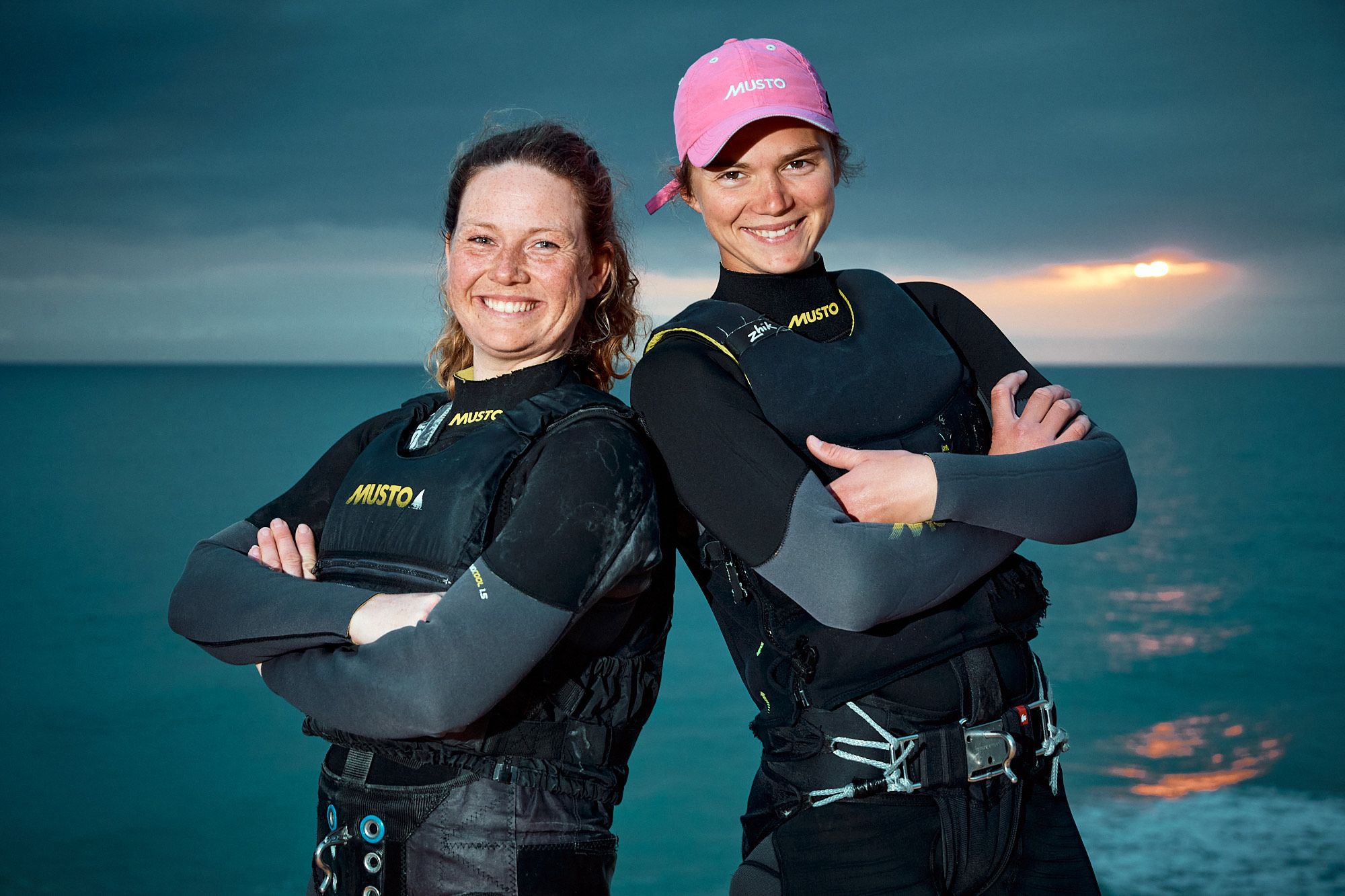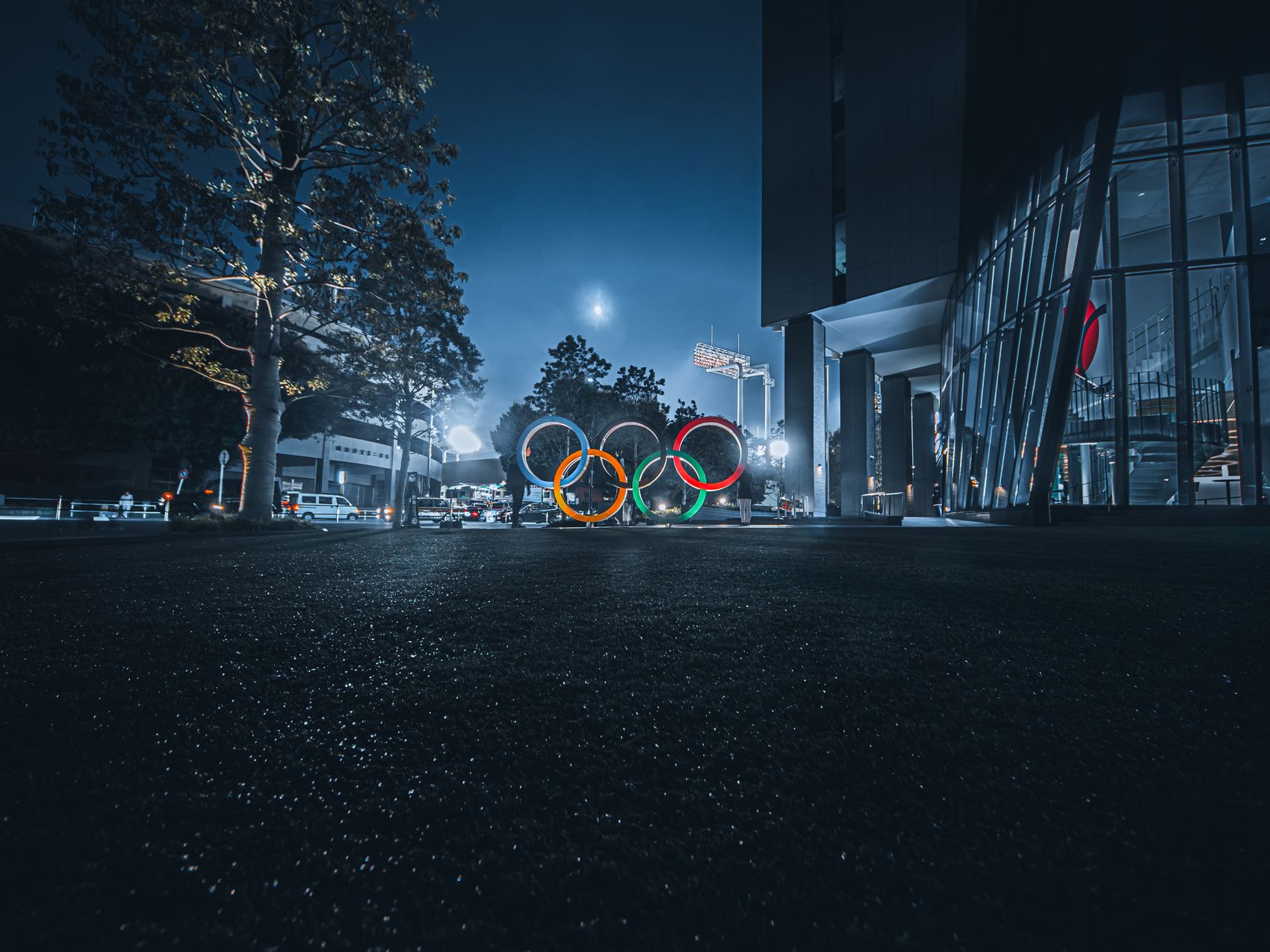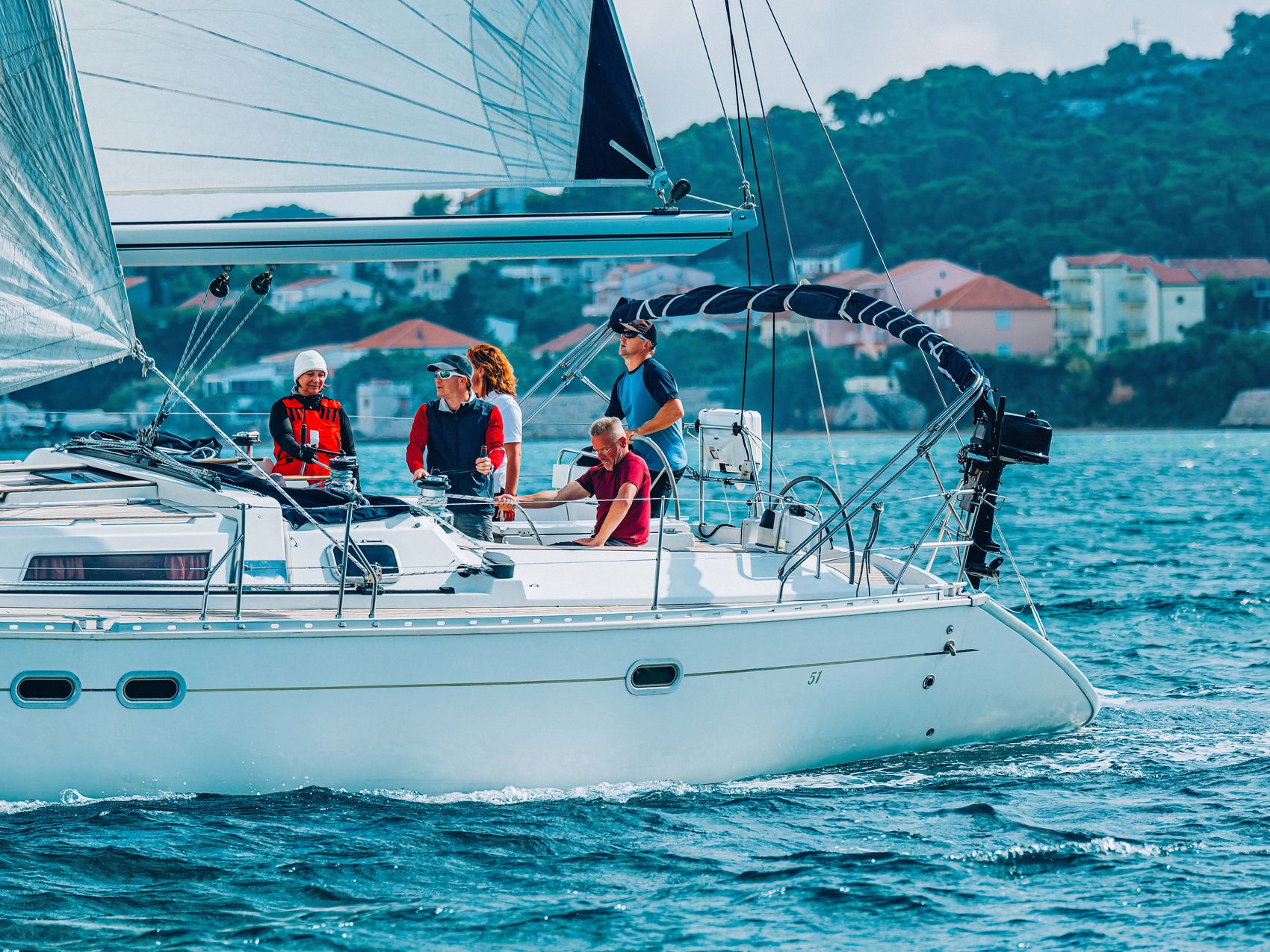The sailing sport has ten disciplines at the Olympic Games. The disciplines differ mainly in the equipment, i.e. the different boat classes. These are selected so that, as far as possible, people of all body types and genders can compete and achieve fair and balanced competition.
The Olympic disciplines
- ILCA 7 & ILCA 6: single-handed dinghy, formerly “Laser” & the most sailed boat class; the ILCA 7 (7 sqm sail size) is for men, the ILCA 6 (5.6 sqm sail size) is for women.
- 49er & 49er FX: Two-handed skiff; the 49er (larger sail size) is for men, and the 49er FX (reduced sail size) is for women.
- Nacra 17 Mixed - catamaran with hydrofoils that lift the boat out of the water at a certain speed.
- 470 Mixed - currently the oldest Olympic boat class
- IQ Foil - windsurfing board with hydrofoils, one event each for men and women
- Formula Kite - kitesurfing with hydrofoils, one event each for men and women
Only one team per nation is allowed to start in each discipline. In addition, team members have to win the so-called country starting position in order to qualify for the Olympics.

Photo by Felix Diemer
The fundamental questions in advance
Before we launch a campaign for Olympic sailing participation, several things need to be considered:
- Am I ready to dedicate everything in my life to the Olympics for the next 4-6 years & step out of my comfort zone every day?
- In which of the above boat classes do I want to compete? Am I physically fit for it? If not, can I compensate for my physical disadvantages, e.g. through athletic training?
- To whom would I like to form a team? Would we have appropriate competitive weight together? What facilities can we use? Can we finance the campaign, and if so, how?
How do I build a winning team?
To establish yourself as a world-class sailor, you need the right team. In addition to the right sailing partner, you need the right sailing coach, training partner, athletic trainer, physiotherapist, and mental coach.
Respectful teamwork and open communication between all participants are essential for maximum performance.
Logistics: From A to B - the essentials
To participate in sailing competitions and train for them, you need a boat. This can either be chartered (which is very expensive in the long run), or you can purchase your boat. This can then be optimised for your team. However, the boat also needs to get from A to B. For that, it needs a trailer and a towing vehicle. We usually do the transport ourselves. That’s why the trailer driver’s license is taken directly during the driver’s training.
We need to book accommodation and flights for training camps and events for us and our trainer. Furthermore, the trainer needs a motorboat, and again there are the charter and the purchase option.
One boat is usually not enough, especially when a world championship takes place overseas and a hull is on the road for months in a container. Generally, equipment starts to wear out and doesn’t perform as well. For this reason, most teams also have several sets of sails, masts, and other equipment for training, competitions, and spares.
And, of course, not everything always works out as we had planned. We often have to reschedule or improvise spontaneously.
Finance
Sailing is a niche sport and not a popular national sport like football or Formula 1, so we athletes rely on the support of sailing clubs, sponsors and our creativity. Logistics personnel, as well as coaches, trainers, and physiotherapists, want to be paid.
Therefore, every Olympic preparation includes budget planning, accounting, the creation of a sponsor portfolio, using social media and, if necessary, a newsletter or blog, and constant communication with companies, associations, clubs and private supporters.
Everyday life of an Olympic campaign
07.00 Waking up, early morning exercise
07.45 Breakfast
08.30 Answering emails or an athletics session
10.00 Driving to the boat, preparing the boat for the sailing session, wind analysis & adjusting trim, changing clothes.
11.00 Preliminary briefing with the trainer & boat launching
11.15 Sailing practices
11.30, e.g. speed tests
14.00, e.g. training races
15.30 Docking, boat dismantling & cleaning, changing clothes
16.00 Driving home, lunch, active regeneration, showering
18.00 Debriefing & video analysis with the trainer
19.30 Cooking dinner, social media posts, dinner
20.30 Sponsor acquisition
22.00 Going to bed
The journey is the reward
Sailing is one of the most complex sports at the Olympics. A campaign like the one described in this article demands a lot from us as athletes. However, no school, training or university can give you the experience you gain during this time.
Nadi & Lena, the Girls for Paris, are training for the 2024 Olympic Games in Paris. Their goal? Gold medal in the high-performance boat class 49er FX. The team stands for commitment, efficiency and authenticity. This means they want to offer real value to their sponsors and pass on their sailing experience, especially to the next generation.



